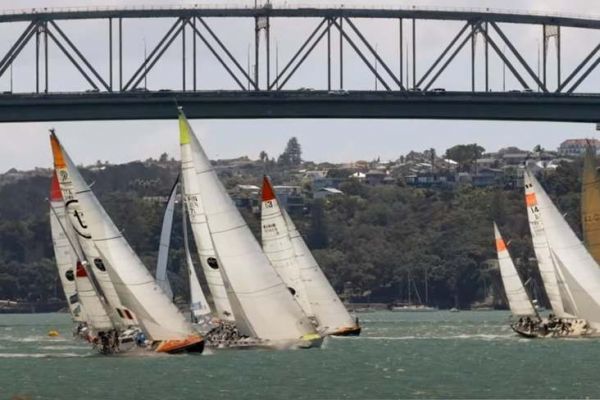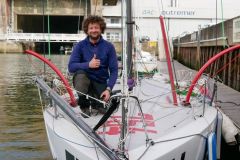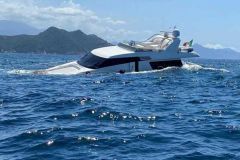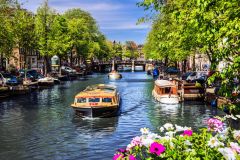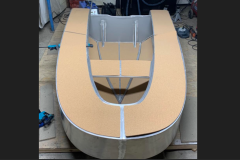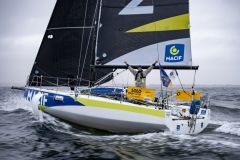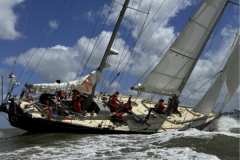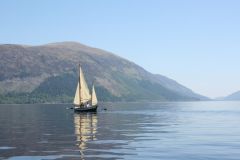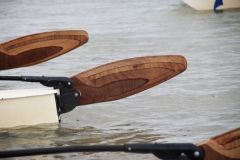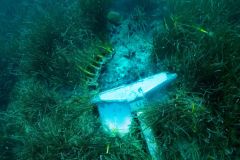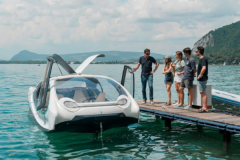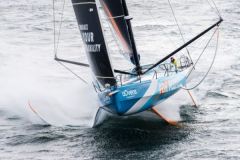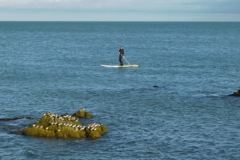Two classes, two atmospheres...
In the space of a few days, the notion of assistance in ocean racing has made the headlines in two very different ways. Far from the nightclubs, we could nevertheless sum up 2 classes, 2 atmospheres!
On the one hand, the Arkea Ultim Challenge, which takes skippers of Ultim maxi trimarans around the world single-handed, sees its first technical stopover. Armel Le Cléac'h, aboard Banque Populaire, makes a stopover in Recife, Brazil to repair, with the help of a technical team joining him by plane.
On the other hand, on the eve of the start of the 3rd leg of the Ocean Globe Race, a crewed, "old-fashioned" round-the-world race, a volley of penalties is announced against several crews for having called in sailmakers and sent their sails to be repaired during the Auckland stopover, in violation of the rules. The Italian crew of Translated 9, leading the general ranking in real time, had tried to conceal the operation, and received a 100-hour penalty and saw their skipper resign.
Adventure, sustainability and respect for the rules
For the spectator, whether a yachtsman or not, circumnavigation is synonymous with adventure. The aura of the Vendée Globe is built on the very concept of a non-stop, unassisted race. Communications technology has already partly undermined the concept, providing technical advice for repairs in some cases, but nevertheless, sailors have to carry out repairs alone. The complexity of a 32-meter trimaran and its single-handed handling has led, understandably, to allowing stopovers for repairs and assistance, if only to dock. But how far should the outlay of resources go? Even if the adventure here is not that of a single skipper, but of a stable, is it reasonable to send teams by plane across the planet to repair a multihull, as one would call a simple tow truck? The rules allow it, but is it ethically acceptable?
At the other extreme, the choice of rules is once again open to question in the Ocean Globe Race. While compliance with rules already known at the start is an essential prerequisite in an ocean race where the sailor alone at sea must inspire confidence, the definition of these rules can be questioned. The argument of cost containment in refusing to allow damaged sails to be sent to a floor for repair holds little water, when the latter is allowed to bring on board a heavy machine, an operation that is probably more costly. In the races of the 1980s, the number of lost and broken sails was high, due to the materials used. If respect for tradition means limiting the materials allowed, then the powerful boats present on the race and crewed will damage them. To avoid this, perhaps we need to open up the choice of materials to modern technologies, with probably lower final cost and a better balance of resource use.
Through this clash of cultures, it's the ocean racing model and the thinking already underway by various players to find the right racing rules, combining spectacle, adventure and sustainability, that is once again on the map.
